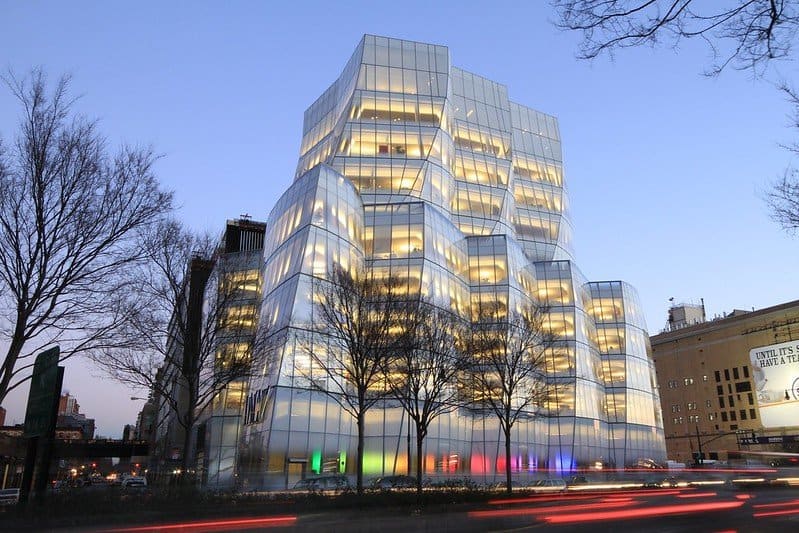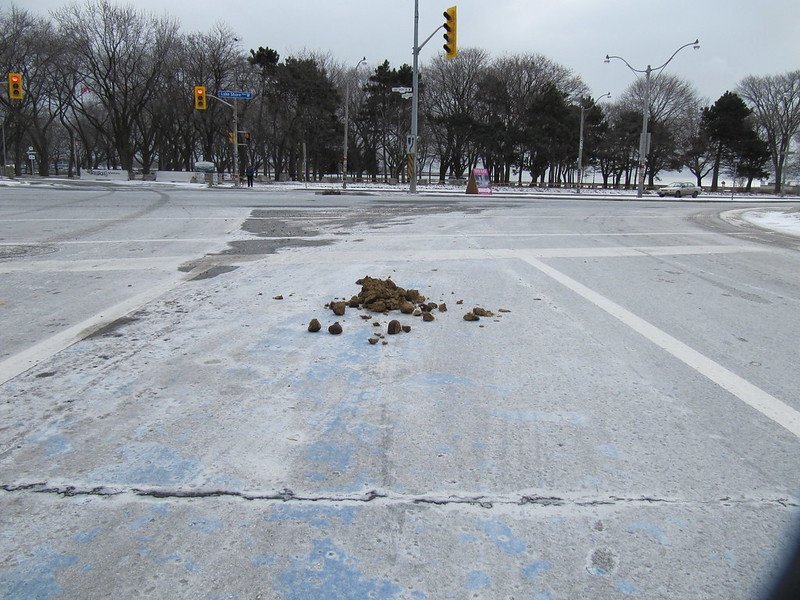Welcome back to The Fixer, our weekly briefing of solutions reported elsewhere. This week: a shareable-economy solution to post-prison homelessness. Plus, saving migratory birds from New York’s skyscrapers, and an equestrian community confronts its poop problem.
Five-star hosts
Getting out of prison is often just the beginning of an inmate’s challenges. For instance, recently released inmates are 10 times more likely to be homeless than the general population. In San Francisco, where rents are ridiculous, the Homecoming Project aims to remedy this with an Airbnb-ish solution: having former prisoners couch-crash with homeowners.
Launched in August 2018, the project has so far found temporary shelter for 15 former inmates in the homes of Bay Area residents. It’s been an unqualified success — none of the matched inmates have reoffended, and all 15 are either currently working a job or in the process of getting a degree. Being hosted by a local resident does more than put a roof over their heads. “Many participants have to learn to navigate the community,” the program’s director told the New York Times. “How do you use an iPhone? How do you cook for yourself?”
https://twitter.com/ImpactJustice/status/1202654600655822848
The initiative is popular among the recently released — there are 100 former inmates on the waiting list for the shared housing, and currently only 20 hosts. But those hosts report finding the experience enlightening; some even say they feel more secure hosting a recently released prisoner than a random roommate. “It’s safer than if I took in a renter from Craigslist,” one host said.
Read more at the New York Times.
Total transparency
New York’s Javitz Center is a hulking convention hall on Manhattan’s west side that used to kill hundreds of birds annually with its glass facade. Then, in 2014, its windows were replaced with “patterned glass,” which the birds can more easily see. Afterward, the building’s gruesome avian body count fell by 90 percent.
Now, New York wants to all its buildings to be as bird-friendly as the Javitz Center. This month, the city council passed a bill requiring patterned glass on the lowest 75 feet of all new buildings. The new standards are set to take effect in 2020, and the change can’t happen soon enough — some 600 million birds face death by window in North America every year. New York, in particular, is a veritable death trap of translucent towers. “[Birds] don’t have a lot of depth perception,” the director of the American Bird Conservancy’s glass collision program explained to Citylab.

The patterned glass holds benefits beyond increasing birds’ lifespans. In fact, it’s most often used to make buildings more energy efficient by partially blocking sunlight. And a growing number of architects are using it simply because they think it makes their buildings more attractive, something the birds passing by would surely agree with.
Poop problems
Wellington, a small community adjacent to tony West Palm Beach, Florida, is a major equestrian destination, stabling over 13,000 horses each year. As the 2020 Olympics near, its residents are bracing for an even bigger influx of riders, trainers and horses who will need a place to train for the Games. Or, to be more specific, they’re bracing for an onslaught of manure — 180 million pounds of it. Understandably, the town is wondering where it’s all going to go.

Right now, most of the stables simply hire companies to haul it away — an expensive and cumbersome solution that sends truckloads of literal shit rolling through town. But Mike O’Dell, Wellington’s assistant planning director, has, well, a plan. He’s in talks with Hi Point Bedding, an Ontario-based environmental recycling company, to make use of the droppings.
The process involves a thermodynamic drying system that turns the fecal matter’s moisture into steam, which is then liquified, purified and recycled for later use. The dried-out poop that remains is then composted for five days in a bioreactor, turning it into a natural fertilizer. Hi Point plans to open its recycling facility in West Palm Beach in November. Once in operation, it will process 59,000 tons of the stuff every year, including after the Olympics are over. “It’s not a popular discussion point,” O’Dell told the Palm Beach Post, “but it’s just part of the industry.”






